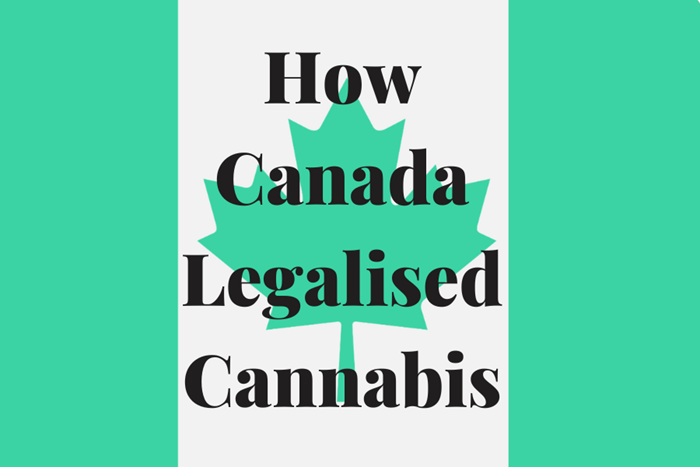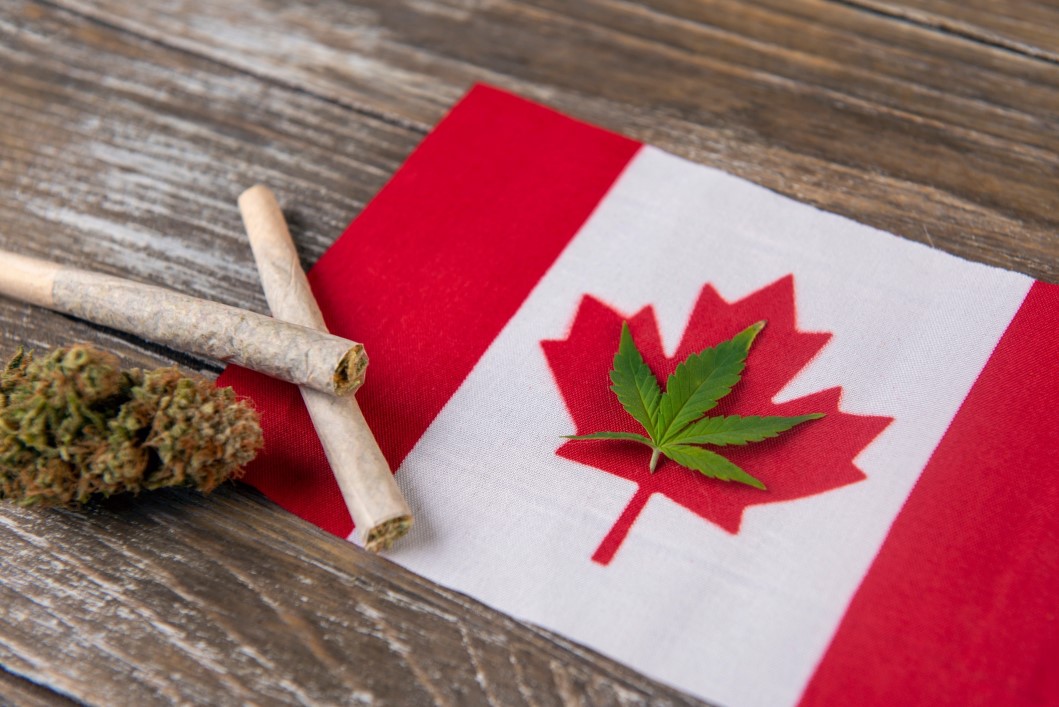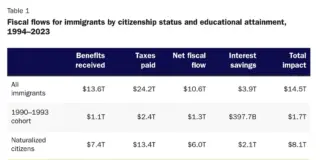
How Canada Legalized Cannabis and the Massive Impact It’s Had And the global response
Article and image by Adam Adman for Medium Magazine
The Canadian government passed a law in 2018 that made it so adults 18 and over can buy, possess, and consume a limited amount of weed. It’s now regulated like alcohol or tobacco.
Some provinces have different rules and regulations, but it’s legal all across the country. It’s definitely been an interesting change, with plenty of praise and opposition, but overall, it‘s been a positive move.
The Process
Canada had a strong historical association with cannabis, particularly on the west coast, as the Vietnam War pushed a lot of peace-loving hippies out of California to avoid being forced into the conflict. They brought with them knowledge and seeds, making Vancouver a pioneering city for weed lovers. Vancouver had an annual 420 festival since 1995, long before it was legal.
Legalization began in earnest from April 2017, when Bill C-45 was brought in to legalize and regulate weed. The bill passed in the House of Commons in November 2017 and through the Senate on June 7, 2018, making Canada the second country in the world to legalize cannabis. Uruguay was first.
Under the new law, adults 18 and over can legally purchase cannabis from licensed retailers, possess up to 30 g of bud or equivalent in public, and grow up to four plants at home. The law also includes strict regulations on the advertising of cannabis products, which was the bane of my existence when my agency asked me to promote cannabis.
Regulations around sale and distribution are decided at the provincial level. Some provinces like Alberta, Ontario, and Quebec have a government-run retail model while others like British Columbia, Manitoba, and Saskatchewan have a mix of private and government-run retail stores.
You still can’t take cannabis across the Canadian border, even to a US state where it’s legal.
The legalization of cannabis has brought about a number of changes to Canadian life, including job opportunities in the industry, updates in impaired driving laws, and new research opportunities.
The Economic Impact
It’s had a significant economic impact. The cannabis industry is a new and rapidly growing sector, and it has the potential to create jobs and generate economic activity across the country.
One of the most immediate impacts of legalization was all the job possibilities for cannabis enthusiasts. Cultivation, processing, distribution, and retail, as well as ancillary jobs in areas such as packaging, security, and finance all needed to be filled. The country now has a ridiculous number of cannabis retailers. According to a report by Deloitte, the legal cannabis industry created 151,000 jobs in four years.
The cannabis market in Canada is also expected to generate significant tax revenue for the government. The federal government takes an excise tax of $1 per gram or 10% of the final retail price (whichever is higher) on cannabis products, while provinces and territories collect sales tax.
Legalization has had a huge impact on agriculture, real estate, and tourism. For example, there has been an increase in demand for industrial properties as companies look to set up cannabis cultivation and processing facilities.
You can even take weed tours, a new niche in the tourism industry.
Overall, the economic impact of cannabis legalization in Canada has been positive, although it’s seeing manipulation by big business interests.
The Effect on Other Countries’ Attitudes to Cannabis
Canada’s legalization of dope for both medical and recreational use has been seen as a significant step forward in the global movement to reform cannabis laws.
Related: 9 Countries With Brutal Cannabis Laws
Several other countries and states have since taken steps towards cannabis legalization and decriminalization. In 2019, Mexico’s Supreme Court ruled that a ban on recreational cannabis was unconstitutional, opening the door to a legalization bill to be passed in June 2021. Similarly, in the United States, several states have legalized weed for recreational use, and many more have allowed it for medical use.
Canada’s reform has also boosted interest and investment in the cannabis industry across the world, with many companies and investors looking to capitalize on the growing market.
Canada’s legalization of cannabis has been a catalyst for much-needed change and sparked a global conversation about the pros and cons of cannabis legalization and the best ways to regulate it.
Related articles worth consideration:
The Big Pharma Takeover of Medical Cannabis
Top 10 medical cannabis patent holders in the U.S. as of 2019, by number of patents
Cannabis/Marijuana Use Disorder
Luxury cars made from hemp A very sustainable natural material, with or without THC
Prepare for Change neither endorses nor condones the use of marijuana but suggest you do your own research and consider the possible health ramifications when used recreationally rather than as a plant medicine.
Disclaimer: We at Prepare for Change (PFC) bring you information that is not offered by the mainstream news, and therefore may seem controversial. The opinions, views, statements, and/or information we present are not necessarily promoted, endorsed, espoused, or agreed to by Prepare for Change, its leadership Council, members, those who work with PFC, or those who read its content. However, they are hopefully provocative. Please use discernment! Use logical thinking, your own intuition and your own connection with Source, Spirit and Natural Laws to help you determine what is true and what is not. By sharing information and seeding dialogue, it is our goal to raise consciousness and awareness of higher truths to free us from enslavement of the matrix in this material realm.
 EN
EN FR
FR



























Big Pharma is standing in the way in the 'Land of the Free', making negative, overblown, fake advertising against Weed, not to legalize IT, while the Big Pharma Opioid Crises is killing hundreds of thousands over the decades! Like Alcohol and Tabaco, Marijuana also would be controlled, produced under strict rules and would bring in tax revenue!